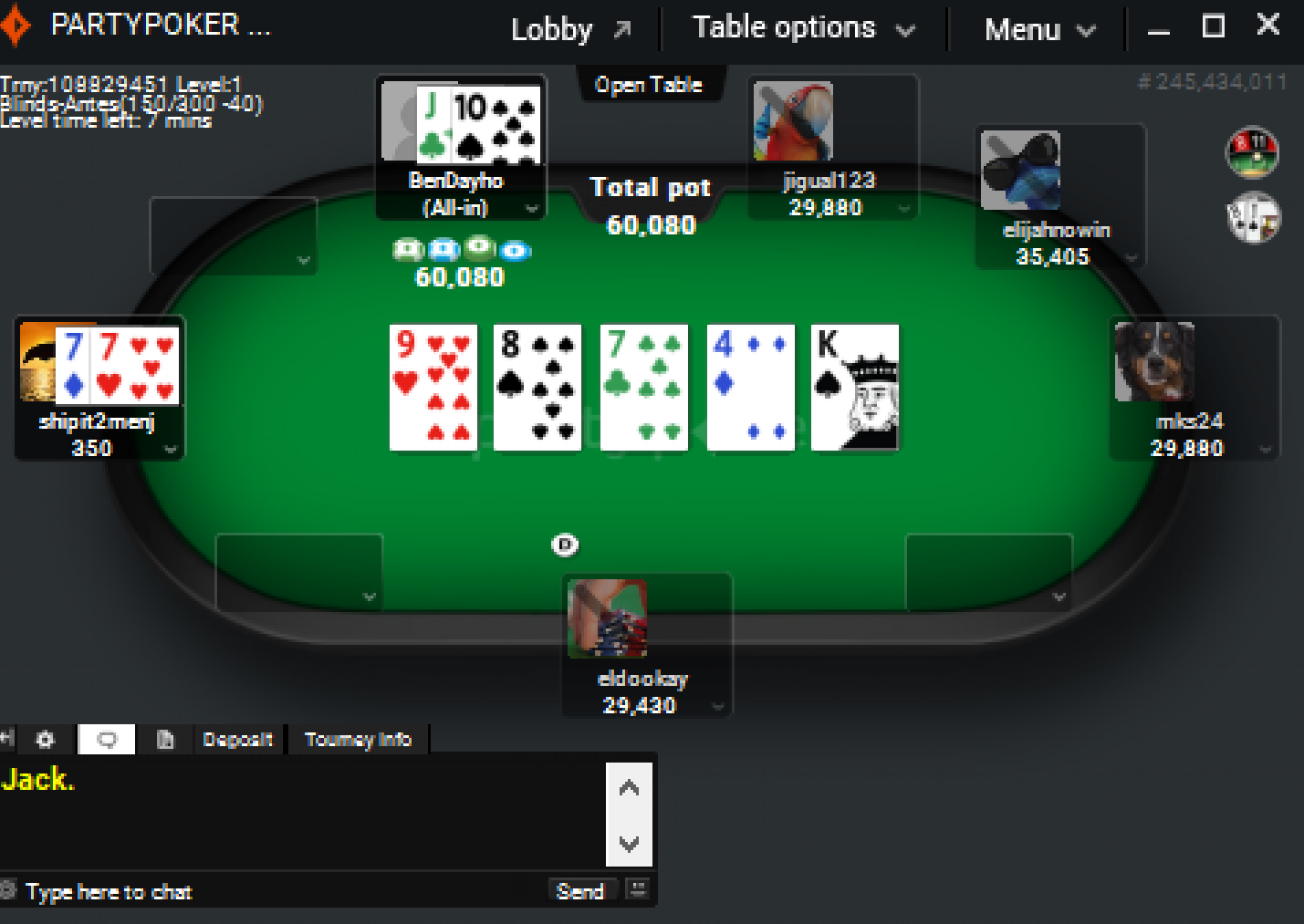
Poker is a card game played by any number of players. The main objective of poker is to get other players to place a bet on your hand. There are many variations of the game, but the basic rules are the same.
In a normal game, players are dealt a pack of cards, which may be face down or face up. Each player’s hand is comprised of five cards. Some poker games have wild cards, which take a different suit. Most games use a standard 52-card deck.
To make the most of a poker game, it’s important to know which card to play. Depending on the game, each player is required to make a contribution to the pot before they’re dealt their cards. When a player is dealt their cards, they have the option of making a forced bet, a bet on the odds, or a bet on their own hand. If they do not bet, they are said to fold.
Another way to do this is to make a bet that is larger than your opponent’s. This is known as a “raise.” For instance, a player might bet that their hand is the best. However, they might not call if their opponents have made a stronger bet.
A poker player might also bet that their hand is the best in the context of that particular round. While a player may be tempted to bluff, they might not be able to do so because of the burgeoning pot of money that is the game’s main prize.
One of the more popular poker games is the game of stud, which involves betting on a player’s hand. Typically, the player who makes the first bet has the privilege of the first shot. Usually, a player’s hand is not revealed until the end of the betting sequence.
Another variant is draw poker, which allows the player to swap up to three of their cards with the dealer. Unlike stud poker, the pot is not tied after the draw.
An interesting variant of this game is community card poker. This variant of the game has the player forming a hand using both his own pocket cards and the community cards on the table. Alternatively, some poker variants are played with a single set of cards, or a single pack of cards.
All in all, there are hundreds of ways to play poker. The key is to read your opponents and make the correct guesses about the odds. Often, there are multiple players involved in a given round, which requires patience and skill. You can learn more about the game by reading books and watching videos on the Internet.
Whether you’re playing poker at home, in a casino, or in a friend’s basement, the most important thing to remember is to play with cool finesse. There are hundreds of variants of the game, each with its own rules, so be sure to check the rules before you play.